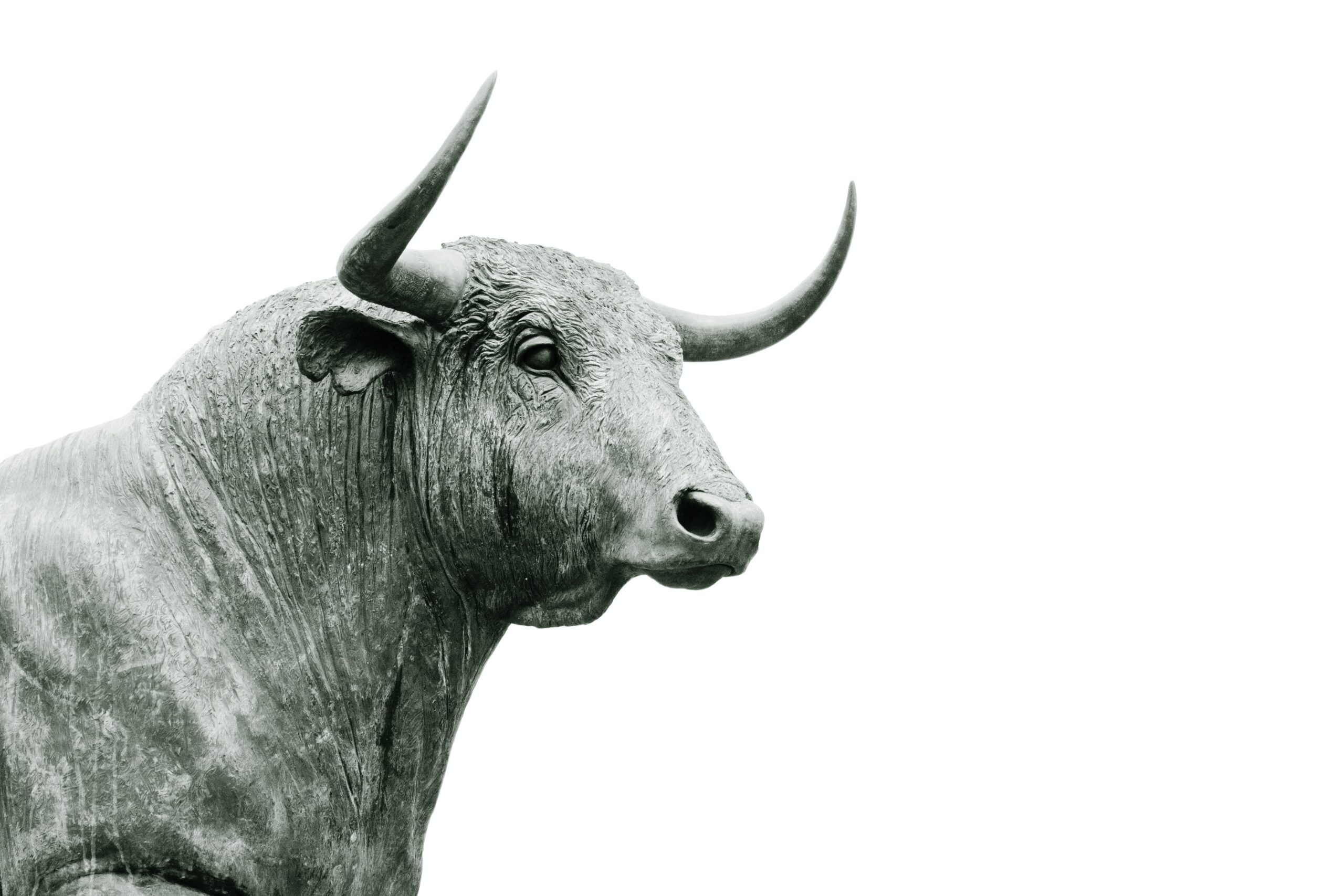Introduction
The Casablanca Stock Exchange, also known as Bourse de Casablanca, is the primary stock exchange in Morocco. Established in 1929, it plays a crucial role in the country’s economy and provides a platform for companies to raise capital by listing their shares on the exchange. This blog post will delve into the listing requirements and process for companies looking to go public on the Casablanca Stock Exchange, giving you valuable insights into the Moroccan IPO landscape.
Listing Requirements
Before a company can go public on the Casablanca Stock Exchange, it must fulfill certain listing requirements. These requirements aim to ensure that only well-established and financially sound companies become publicly traded entities. The key listing requirements include:
- Financial Performance: Companies must have a track record of profitability over the past three years, with audited financial statements to support their claims.
- Minimum Capital: A minimum capital requirement is set for companies seeking to list their shares on the exchange. The exact amount varies depending on the sector in which the company operates.
- Corporate Governance: Companies must comply with strict corporate governance standards, including having an independent board of directors and transparent reporting practices.
- Market Capitalization: The company’s market capitalization must meet the minimum threshold determined by the Casablanca Stock Exchange.
The IPO Process
Once a company meets the listing requirements, it can initiate the Initial Public Offering (IPO) process. The IPO process involves several steps:
- Engaging Investment Banks: The company hires one or more investment banks to act as underwriters for the IPO. These banks assist in valuing the company, determining the offering price, and managing the issuance of shares.
- Due Diligence: The company undergoes a thorough due diligence process, where its financial statements and business operations are scrutinized by the underwriters and regulators to ensure accuracy and transparency.
- Prospectus Preparation: A prospectus is prepared, which contains detailed information about the company, its financials, risks, and future prospects. This document is made available to potential investors.
- Marketing and Roadshows: The company, along with the underwriters, conducts marketing activities and roadshows to generate interest among potential investors and institutions.
- Pricing and Allocation: The offering price for the shares is determined based on market demand and investor feedback. The underwriters allocate the shares to institutional and retail investors.
- Listing and Trading: After the shares are allocated, the company’s shares are listed on the Casablanca Stock Exchange, and trading begins.
Benefits of Going Public
Going public on the Casablanca Stock Exchange offers several benefits for companies:
- Access to Capital: By listing their shares, companies can raise significant capital to fund expansion, research and development, and other strategic initiatives.
- Enhanced Visibility: Going public enhances a company’s visibility and reputation, allowing it to attract more customers, partners, and employees.
- Exit Strategy for Founders and Investors: Going public provides an exit strategy for founders and early-stage investors who can sell their shares on the stock exchange.
- Liquidity for Shareholders: Once listed, the company’s shares can be bought and sold on the exchange, providing liquidity to shareholders.
Conclusion
The Casablanca Stock Exchange offers companies in Morocco a platform to raise capital and enhance their growth prospects. By understanding the listing requirements and IPO process, companies can navigate the path to going public successfully. Going public brings numerous benefits, but it also requires careful planning and compliance with regulatory standards. The Casablanca Stock Exchange continues to play a vital role in the development of the Moroccan capital market, fostering economic growth and attracting domestic and international investors.






 Bitcoin
Bitcoin  Tether
Tether  XRP
XRP  USDC
USDC  Lido Staked Ether
Lido Staked Ether  Dogecoin
Dogecoin  LEO Token
LEO Token